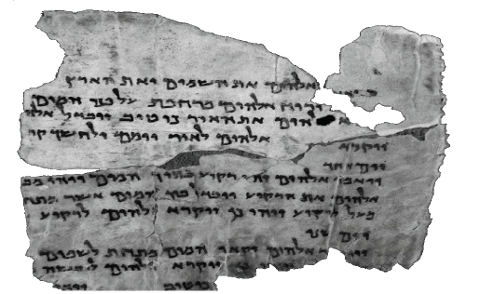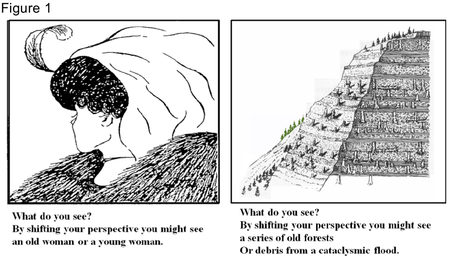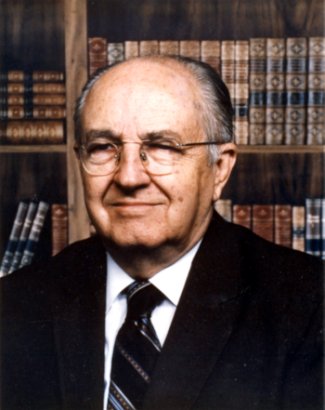Creation News
May’s newsletter is dedicated to recent findings in science related to creation. It reflects the author’s interests and is by no means comprehensive or exhaustive.
Jonathan Sarfati, Russ Humphreys, and John Sanford Are Coming to the Triangle This Fall
These three men are some of the finest creation scientists alive today! Plan now to take advantage of these rare opportunities.




